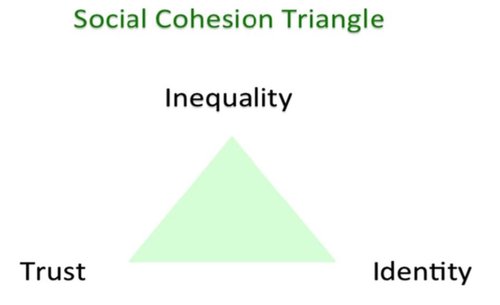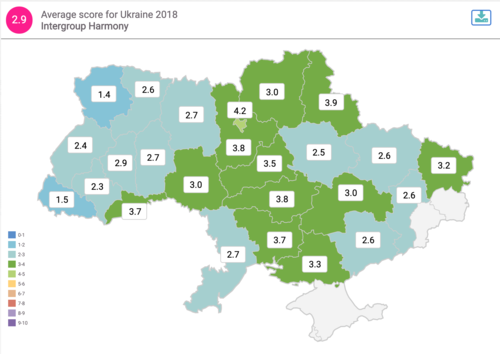Macro-level causes and effects of social cohesion
Key facts
Shared values
Economic development
Inequality
Summary
Which societal characteristics shape social cohesion, and which are shaped by cohesion? With this chapter the book switches to explanatory mode. We aim to find to what extent and in which direction cohesion correlates with theoretically informed macro-level characteristics. The latter have been grouped in seven thematic sets: wealth and economic situation; income inequality and the welfare state; demography; degree of modernization in social structures; diversity; culture and values; and subjective well-being. The analyses use time-lagged correlations, controlling for the level of national wealth: earlier measurements of the societal characteristics have been correlated with later measurements of the cohesion index (cohesion as outcome) and vice versa (cohesion as determinant). Among the strongest predictors of social cohesion are society’s progress towards a knowledge economy, national affluence, and a small gap between the rich and the poor. Neither globalization nor migration has any effect on the degree of social cohesion. Cohesion, in turn, is particularly important for the happiness of nations in terms of life satisfaction, as well as for human development and lower unemployment. The chapter provides in addition the associations of the studied macro-level characteristics with each of the nine dimensions of social cohesion.
Explore the hub further

Making Connections? A Study of Interethnic Dialogue in a Divided Community in Bosnia and Herzegovina



